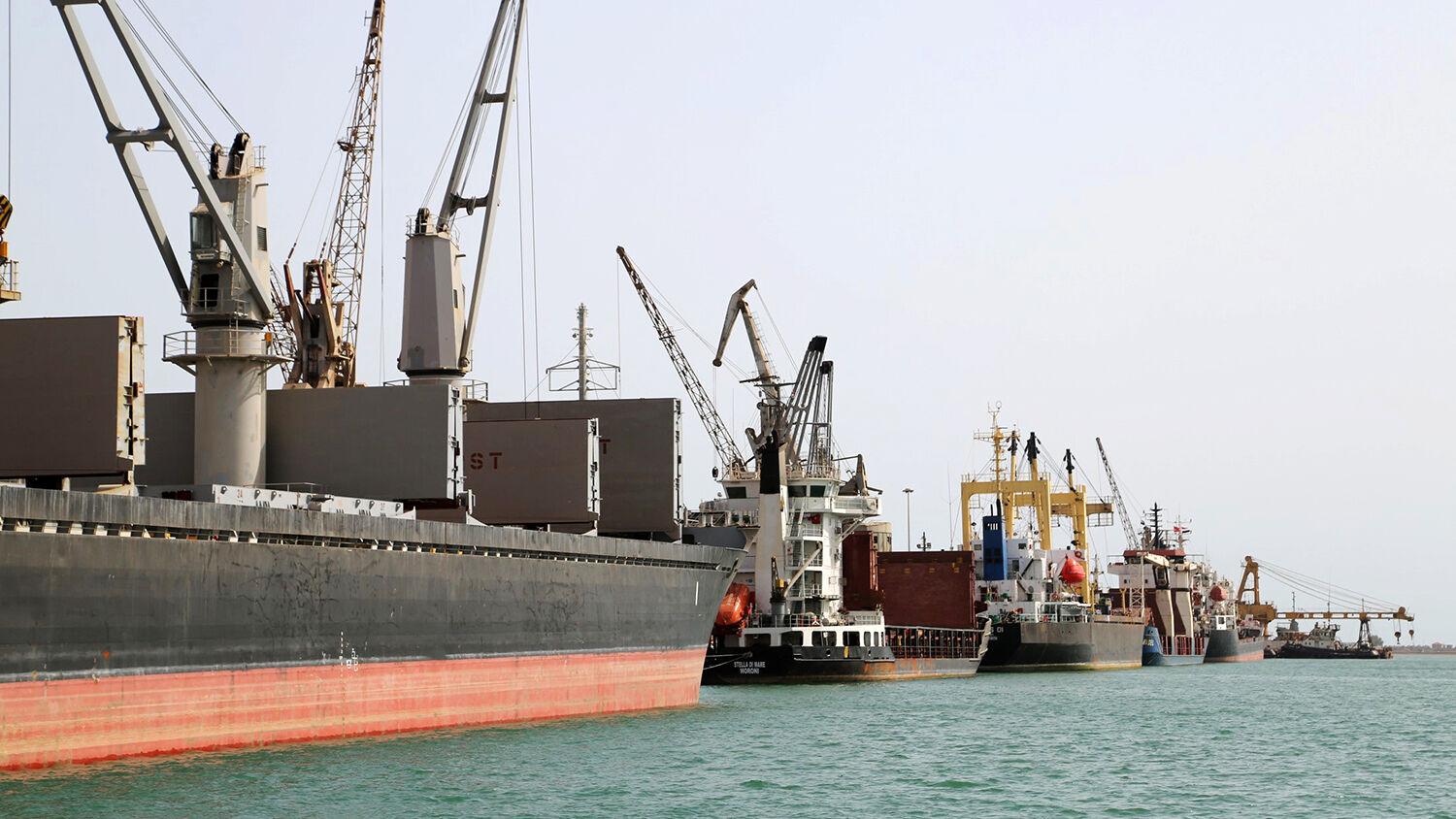
Houthis Seize Vessels in Red Sea
The Iranian-backed Houthi militias seized three foreign trade vessels late Sunday afternoon near Uqban island at the southern end of the Red Sea.
Saudi-led coalition spokesman Col. Turki al-Maliki announced in a statement on Monday that a Saudi vessel towing a South Korean drilling rig was captured in the raid. The other two vessels were a South Korean towboat and sand dredger.
Following the seizure of the vessels, the South Korean Foreign Ministry said it ordered a Navy ship conducting an anti-piracy operation in the Arabian Sea near Oman to redeploy to the Red Sea.
The Houthis’ Al-Masirah tv confirmed the seizure, adding that it took the vessels to the Yemeni port of Salif, north of Hodeidah, Yemen’s largest Red Sea port. Over the course of the Yemeni civil war, Houthi forces have been driven from most of Yemen’s coast; however, the movement still holds a few ports in the northwest, including Hodeidah.
Reuters reported that Maliki called the piracy a “terrorist operation” that poses a threat to the freedom of international trade through the Red Sea.
When the Houthis overthrew the government of Yemeni President Mansur Hadi in 2014, Iran used it as an opportunity to gain a friend in the fight against its Saudi rivals. Though two different branches, both groups are bound by their practice of Shia Islam.
In 2017, an unnamed Iranian official told Reuters that the Islamic Revolutionary Guard Corps (irgc) held a meeting to discuss ways to “empower” the Houthi militia. At the meeting, the irgc “agreed to increase the amount of help, through training, arms and financial support.”
Despite denying sending military arms to the Houthi militias, several intercepted weapons shipments en route to Yemen in the Arabian Sea have yielded anti-tank guided missiles, munitions, rifles and rocket launchers.
This is all part of Iran’s strategy to control the Red Sea.
Daniel 11:40 says, “And at the time of the end shall the king of the south push at him: and the king of the north shall come against him like a whirlwind, with chariots, and with horsemen, and with many ships; and he shall enter into the countries, and shall overflow and pass over.”
This Bible prophecy is going to occur “at the time of the end.” At that time, a radical Islamic group of nations, led by Iran, called “the king of the south,” will stand up and dominate the Middle East.
This radical Islamic power will push at “the king of the north,” a German-led united Europe. In his free booklet The King of the South, Trumpet editor in chief Gerald Flurry writes about the rise of this Islamic power and how it is already beginning to push: “The king of the south is going to push at the king of the north, probably from its trade route power. That push will be a dramatic act of war!”
Yemen is in a critical position for Iran to make this trade route push at Europe. The Houthis’ increased abilities in the areas of guided missiles and sea mines makes it a very dangerous threat on one of the most important oil shipping lanes in the world.
For more information, read The King of the South, by Mr. Flurry.
